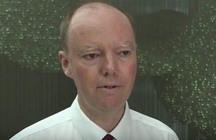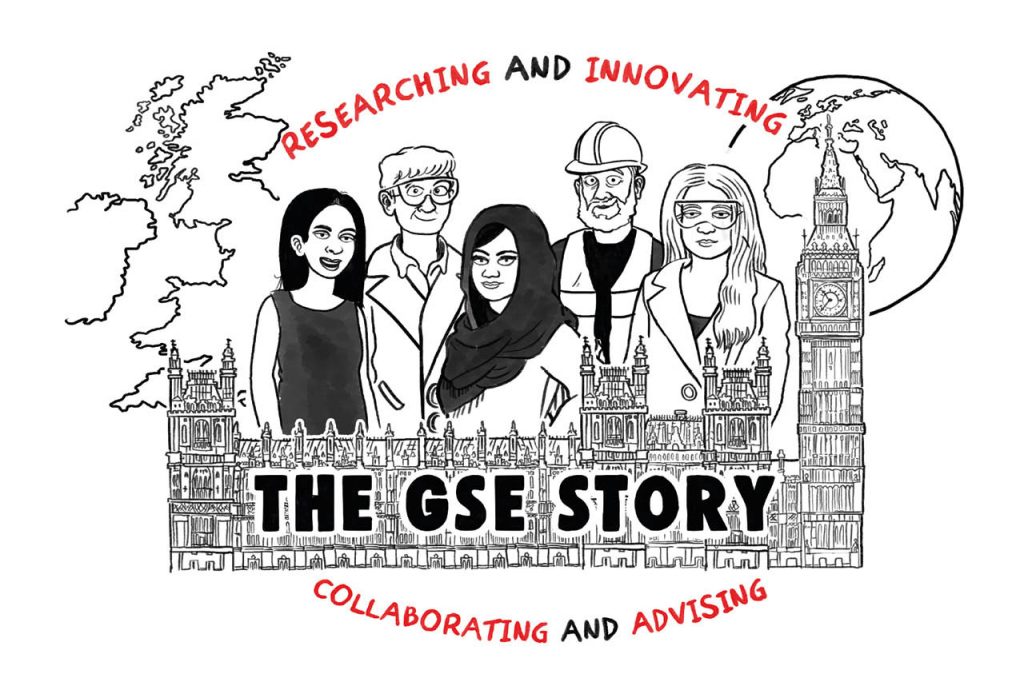
At his death in 1691, the great chemist Robert Boyle left behind a list of what he saw as the major practical challenges facing science. Most have been solved in the three centuries since, mainly through the joint endeavours of science and government, including “the prolongation of life”, achieving “the art of flying”, and “the practicable and certain way of finding longitudes”. Some remain to be achieved, like the “Emulating of Fish without Engines by Custome and Education only”, and a couple could charitably be described as 'of their time'. But the many successes on the list demonstrate how many practical advances can be made through this partnership.
The boundaries between professions are higher than they were in Boyle’s day. Then, many of the leading scientists, including almost all the founding fellows of the Royal Society, were also government servants or statesmen at some point. (See a pictorial history of Government Science and Engineering, ‘The GSE Story’, here.) At times, the worlds of government and academia can speak different languages. Part of the role of the Government Chief Scientific Adviser is to bridge the gaps between them so we can work together for society.

This takes effort on both sides, but the pay-off can be considerable. Some scientists certainly could do more to make their research accessible (my perspective on how research can be made as useful as possible for health policy is published here). One part of this is the need for better, more rigorous, synthesis of scientific evidence. Policy problems require multiple lines of evidence: a cross-disciplinary perspective is much more useful for policy than the results of a one-off study from a single discipline.
But government needs to do its part too. Members of all government departments are constantly coming across practical questions where new knowledge or products from science would improve policy or practice for citizens. If these are not communicated to the research community, it is not surprising if the questions are not addressed.
An important starting point for evidence-based policy-making is to understand these areas of uncertainty, where new research might make a key difference, and to express these as clearly and accessibly as possible. This is an invitation (or challenge) to the scientific community to resolve the uncertainties, in the way Boyle challenged future generations of scientists.
The Government Office for Science has been working with policymakers, operational professionals, scientists and analysts from across government to identify the areas where departments or wider society would benefit from more evidence. The government is publishing these in a series of documents called Areas of Research Interest. The 11th in the series (from the Department for Work & Pensions) has just been published, and the collection is growing.
Each describes the main issues where research might help solve some of the main practical or policy challenges the department faces. They act as a starting point for a more effective dialogue between policy-makers and researchers both within and beyond government. Examples include tackling antimicrobial resistance, developing a better understanding of globalisation and its implications for inequality, and exploring the ways in which robotics and new autonomous systems might be deployed to improve the public services.
This is an invitation to get involved in the process by sending your challenges to your department's Chief Scientific Adviser. Your ideas may not be read in 300 years with the same interest as Robert Boyle’s (although you never know), but they may influence which areas the scientific community decides to prioritise.
Follow Chris Whitty on Twitter: @uksciencechief.

1 comment
Comment by Charlotte Smith posted on
In the famous and sci fi cult classic Space 1999 there was a character called Professor Victor Bergman. He was British! And was one of the brains behind the building and scientific achievements of Moonbase Alpha.
It would be a fitting tribute to the visionary Gerry and Sylvia Anderson who created the series, if the UK could expand its Space Industry and build on the success of Tim Peake astronaut achievements. We need to be building space ports, develop a proper Space Agency that can build spacecraft capable of sending humans to the Moon, develop technology to build a real life Moonbase Alpha and so on.
This industry alone would create thousands of jobs. And of course we should be thinking about future missions to Mars. If the UK wants to be at the forefront of scientific thinking, this is the avenue to do it.